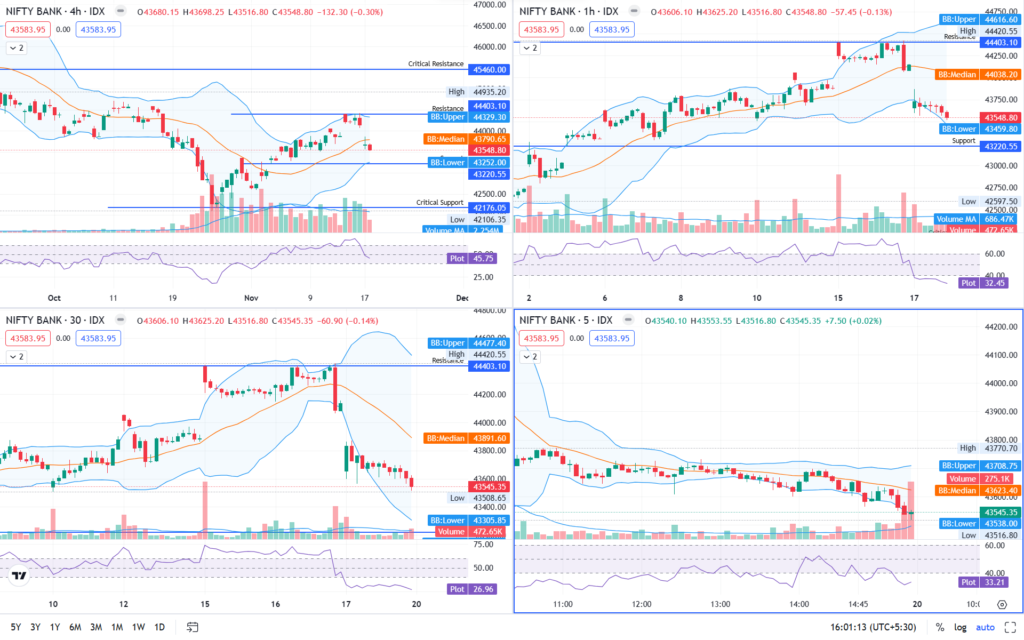Demystifying the Stock Market: Market Basics
Blogs , Educational
The stock market is a dynamic and complex financial ecosystem that plays a crucial role in the global economy. For beginners, diving into the world of stocks can be intimidating, but understanding the basics is essential for making informed investment decisions. In this blog post, we’ll break down the fundamental concepts of the stock market […]
The stock market is a dynamic and complex financial ecosystem that plays a crucial role in the global economy. For beginners, diving into the world of stocks can be intimidating, but understanding the basics is essential for making informed investment decisions. In this blog post, we’ll break down the fundamental concepts of the stock market to provide you with a solid foundation.

- What is the Stock Market?
- At its core, the stock market is a marketplace where buyers and sellers trade shares of publicly listed companies. Companies issue shares to raise capital, and investors buy these shares, becoming partial owners of the company.
- Key Players in the Stock Market:
- Investors: Individuals or institutions who buy and sell stocks.
- Brokers: Intermediaries who facilitate stock transactions.
- Companies: Businesses that issue stocks to raise capital.
- Stock Exchange: The market place where buy or sell of shares occurs.
- Regulators: Regulates all of the above so that all transactions happen in free and fair manner.
- Types of Stocks:
- Common Stocks: Represent ownership in a company and typically come with voting rights at shareholder meetings.
- Preferred Stocks: Carry a fixed dividend but may not have voting rights.
- How Stock Prices are Determined:
- Supply and Demand: The basic economic principle of supply and demand influences stock prices. If more people want to buy a stock than sell it, the price goes up, and vice versa.
- Bulls and Bears:
- Bull Market: A period of rising stock prices, typically associated with optimism and economic growth.
- Bear Market: A period of falling stock prices, often linked to pessimism and economic downturns.
- Stock Market Index:
- Examples include the NSE, BSE, etc. These indices track the performance of a basket of stocks, providing a snapshot of the overall market.
- How to Buy Stocks:
- Opening a Brokerage Account: You need a brokerage account to buy and sell stocks.
- Placing an Order: Market orders, limit orders, and stop orders are common types.
- Risks and Rewards:
- Volatility: Stock prices can be volatile, and past performance is not indicative of future results.
- Diversification: Spreading investments across different stocks can help manage risk.
- Long-Term vs. Short-Term Investing:
- Long-Term Investing: Holding stocks for an extended period, potentially benefiting from compounding returns.
- Short-Term Trading: Buying and selling stocks within a short timeframe to capitalize on short-term price movements.
- Research and Analysis:
- Fundamental Analysis: Examining a company’s financial health, earnings, and growth prospects.
- Technical Analysis: Analyzing price charts and trading volume to predict future price movements.

Navigating the stock market may seem daunting at first, but with a solid understanding of the basics, you can embark on your investment journey with confidence. Remember, the key to successful investing lies in continuous learning, disciplined research, and a long-term perspective. The stock market is a tool for wealth creation, and by arming yourself with knowledge, you can make informed decisions that align with your financial goals.
